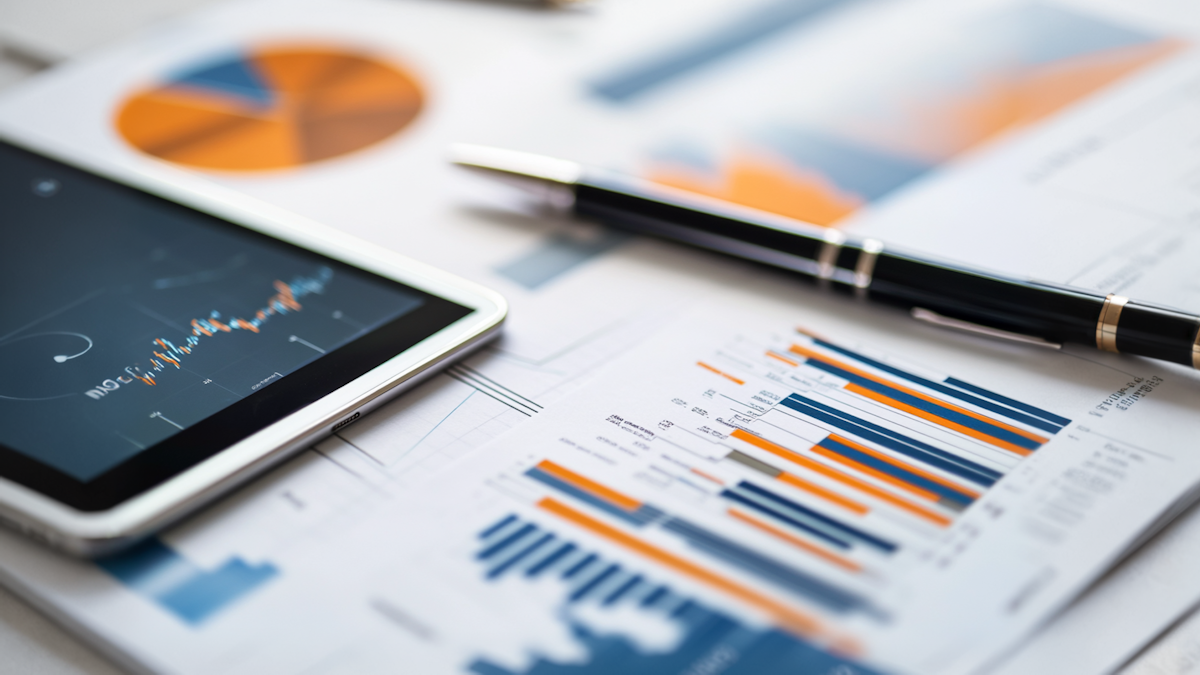In this post, we’ll talk about why on-page SEO is important.
We’ll also go over some of the key elements you can optimize for on-page SEO to get higher rankings and traffic for your site.
If you’re new to the concept of on-page SEO, here’s a brief definition:
On-page SEO is the practice of optimizing web pages to rank the content higher in the search engines for specific queries (i.e. keywords). On-page SEO focuses on optimizing elements that the webmaster controls, such as meta tags, headings, body content, and image attributes.
On-page SEO is much different than off-page SEO, which refers to off-site optimization methods like backlinks, brand mentions, and social shares.
As you’ll find out below, on-page SEO is crucial to get right if you want to create a successful search engine optimization strategy for your website.
Why On-Page SEO Is Important
On-page SEO is important because it helps search engines analyze your web pages so they can identify if a searcher’s query is relevant to your content. Good on-page SEO enables search engines to understand your content in order to rank the most relevant URLs for specific keywords.
If you read Google’s documentation on “How Search Works”, you’ll find out why on-page SEO is important for ranking web pages:
“The most basic signal that information is relevant is when a web page contains the same keywords as your search query. If those keywords appear on the page, or if they appear in the headings or body of the text, the information is more likely to be relevant.”
As you can see, keywords are a top-ranking factor for Google’s algorithm.
If the keywords are not on the page, then it makes it harder for Google to figure out which search queries the content should be ranked for.
And if the keywords are not put in the right locations on the page and inside the HTML, then the on-page SEO signals are not as strong, which can reduce your chances of ranking for your target keywords.
How Does On-Page SEO Help with Off-Page SEO?
If you spend any amount of time online reading about SEO, then you’ll undoubtedly hear people saying that off-page SEO strategies that involve backlinks are the most important ranking factor.
And while there is some truth to this, backlinks are not as strong without proper on-page optimization.
If you’re new to the idea of backlinks, here’s a quick overview:
A backlink is a link from one website to another. And search engines like Google use backlinks as a ranking factor because when one website links to another, it’s a signal that the linking site believes the content is trustworthy.
For example, here is a backlink from this KatLinks article to my website: SEO News at SEO Chatter.
If you click on that link, you’ll go directly to SEO Chatter’s homepage where you’ll find the latest SEO news updates on Google.
And if you were to scan through that page, then you would notice that it has been optimized for keywords related to “SEO news”.
The reason this is important is that on-page SEO makes the ranking power of off-page SEO more powerful and less important at the same time.
Here’s what I mean:
When you do good on-page SEO, you can rely less on the total number of backlinks to a page to get it ranked for your target keywords. In fact, at the time of this writing, the SEO Chatter website ranks #10 for the keyword “SEO news” based primarily on on-page SEO strategies alone.
If you were to check the backlink profile for my site, you would see that the homepage only has 4 backlinks right now. What’s even crazier, is that the SEO Chatter website is within the top 10 search results on Google for that keyword phrase and is competing against more powerful domains with thousands of backlinks, such as Moz, Search Engine Watch, and Search Engine Land.
How can that be happening?
Well, the homepage for SEO Chatter is well-optimized for keywords related to SEO news in the HTML and body content. Therefore, fewer backlinks are needed to give Google the signals it needs to rank the homepage for those types of queries.
Now, getting a backlink from this KatLinks article with the word “SEO news” in the anchor text, as you saw above, is going to help strengthen the signal that SEO Chatter should be ranked for SEO news queries, but the site won’t need that many of those links to move up in the ranks if the on-page SEO is done right.
Here’s a quick recap of what you just learned here:
On-page SEO, when done correctly, is a very strong ranking factor that can get your content to page one on Google for your target keywords. And, if you do it right the first time, you don’t need as many backlinks to a page to strengthen those signals to get ranked.
What Is the Most Important On-Page SEO Factor?
Now that you know the importance of on-page SEO, you’re probably wondering what the most important on-page SEO ranking factor is so you can start using this strategy to get more traffic.
And that is the Meta Title.
The Meta Title is the text that appears for your page’s listing on the search engine results page. And it’s the top on-page SEO factor you can control.
By optimizing your Meta Title for your target keywords, you can inform Google what the page content is about and which queries it should be ranking the content for.
However, you can’t always get to the top 10 in Google with just a well-optimized Meta Title tag alone; you also have to optimize other key elements on the page to strengthen that signal.
For example, you can’t optimize the Meta Title for a page with a target keyword and then not once use it on the page itself and expect to rank. That would be a mismatch between the Meta Title signal and the body content and Google will not reward you for that.
More On-Page SEO Factors
So what are the other parts of the page you need to optimize for on-page SEO to get the maximum ranking value for the content?
Here’s a good list to help you get started:
- Meta Description
- URL
- Headings (H1 to H3)
- Body Content
- Image Attributes (ALT text, Filename, and Metadata)
If you put your main target keyword at least once in those locations, then you’ll have a better-optimized page that can rank higher for a number of related queries.
By optimizing those locations along with the Meta Title, you’re giving Google clearer signals on what keywords the page should be ranked for in the search engine.
However, just stuffing your keywords into these locations is not a good plan. There are actually a few guidelines you have to follow to maximize the ranking power of each on-page SEO spot. One trick includes adding secondary keywords in a strategic way. And when you do these things, you’ll get faster and better results from your work.
If you want to learn what those guidelines are and how to apply them correctly to your website, then check out my Mastering On-Page SEO course. It teaches you everything you need to know to become a pro at on-page SEO.
Another thing to keep in mind is that optimizing the on-page SEO alone will not work long-term if you don’t write high-quality content to go along with it.
A well-optimized page with poor content that doesn’t meet the user’s needs will never rank high for very long. On the flipside, great content that meets every aspect of a user’s needs will not get to page one on Google if it‘s not properly optimized with on-page SEO either.
So you have to provide a good mix of both on-page SEO and content quality to satisfy Google’s algorithm. And if you sprinkle a few high-quality backlinks on top of that, your pages are more likely to get the rankings and traffic they deserve; even in competitive markets.
Why On-Page SEO Is Important Recap
We went over quite a bit of information in this article on why on-page SEO is important.
Hopefully, it all made sense, but here’s a quick recap to make sure you walk away with a good action plan for how to get higher rankings for your site:
- On-page SEO is often more powerful than off-page SEO. So don’t neglect it.
- When done right, on-page SEO can get your content to page one on Google with very little need for backlinks.
- When you combine good on-page SEO with high-quality content that meets a user’s needs, Google will reward it with higher rankings.
- A poorly optimized web page will be harder to rank no matter how many backlinks it has.
- A well-optimized web page will rank higher and much easier with fewer backlinks.
- An unstoppable SEO strategy will include good on-page SEO, high-quality content, and backlinks from niche-relevant websites with established authority.




